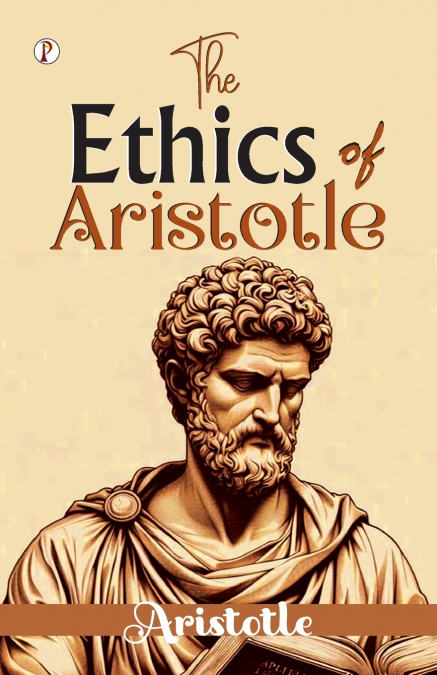
Aristotle
As one of the foundational texts in Western philosophy, The Ethics of Aristotle delves into the nature of human happiness and the ethical path toward living a fulfilled life. Written in the 4th century BCE, this seminal work explores the concept of virtue, the importance of rational action, and the pursuit of a life of moral excellence. Aristotle argues that the key to a happy life lies not in pleasure or wealth, but in the cultivation of virtues such as courage, temperance, and wisdom.The text presents the idea of the ''Golden Mean,'' the balance between excess and deficiency, urging individuals to find harmony between extremes in their personal lives, making ethical decisions that promote both individual well-being and the good of society. With his method of logical reasoning and keen observations of human nature, Aristotle provides timeless advice on how to achieve happiness through virtuous living.This work remains essential reading for anyone interested in ethics, philosophy, or the pursuit of a life well-lived, offering profound insights into moral conduct and personal growth that continue to resonate with readers and scholars to this day.